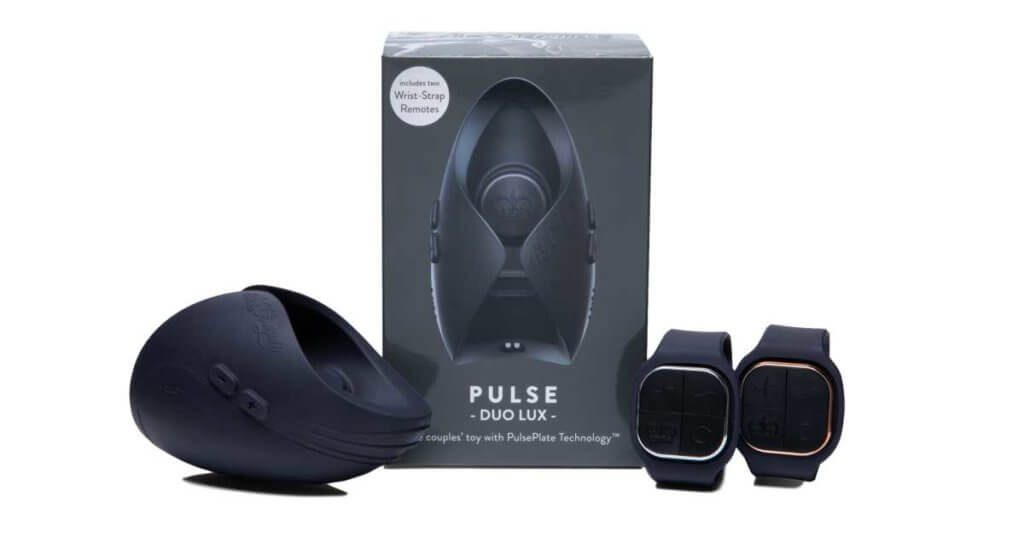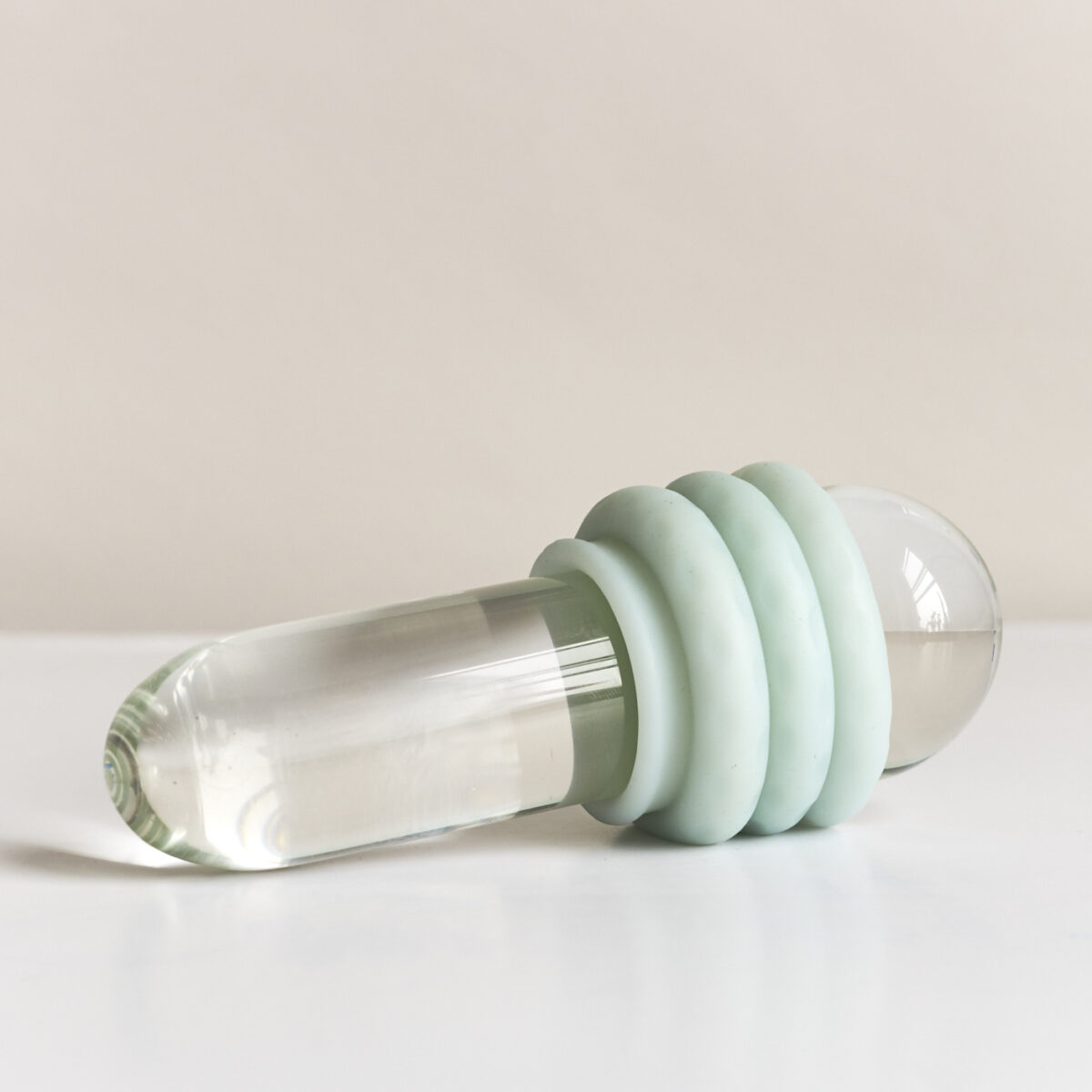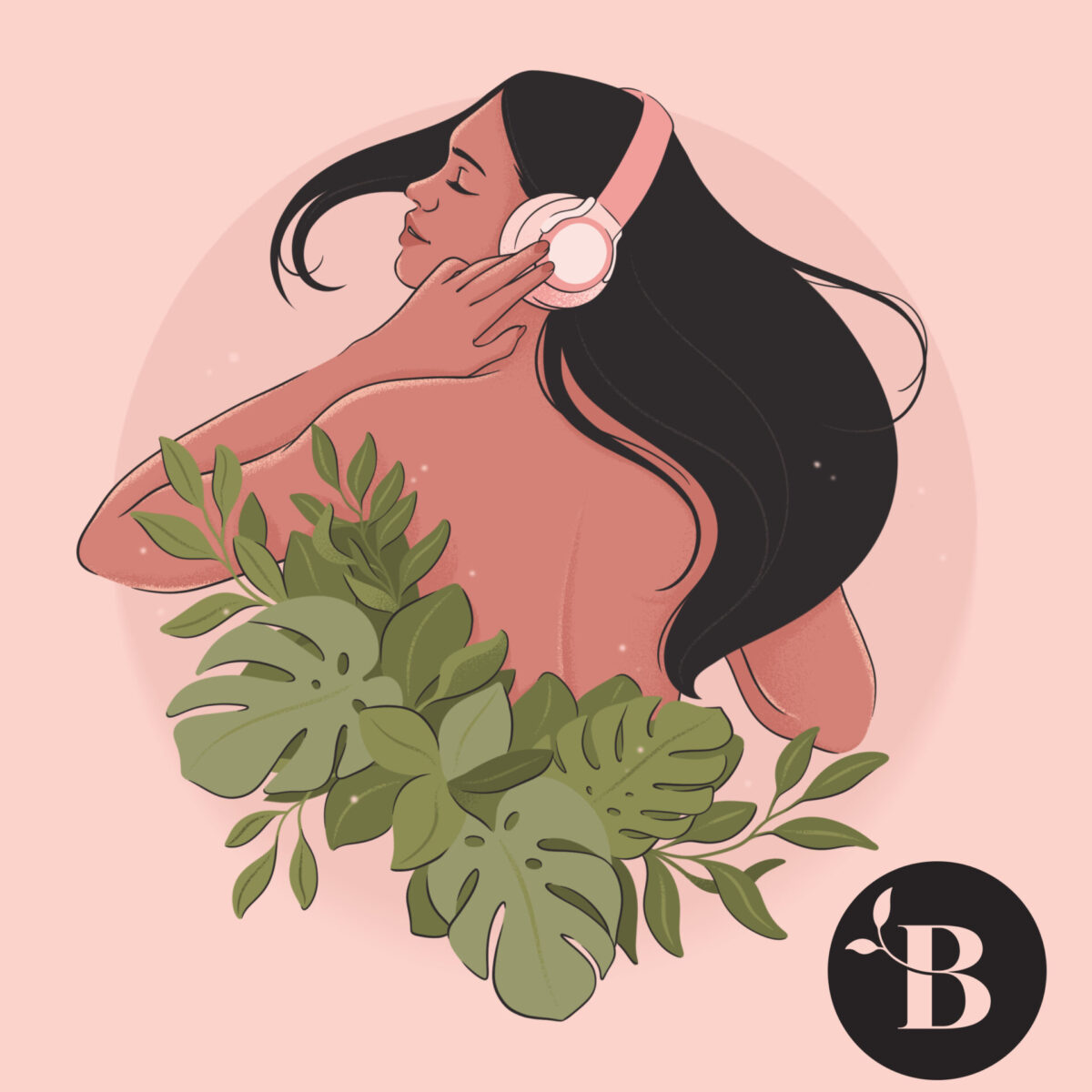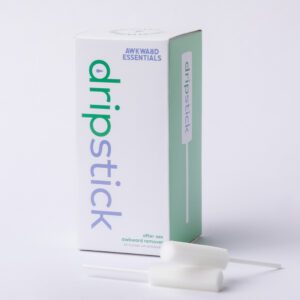Sex and Arthritis: Why Joint Pain Doesn’t Have to End Your Sex Life
SexForEveryBody.com is supported by our readers. We may earn a commission if you buy through links on our site. Learn more.
Literally has become one of those words: used too frequently and, perhaps even worse, inaccurately. But in the case of arthritis sufferers, using it is way too apt to ignore: sex can literally be a pain.
The same could also be said for those who experience joint or muscle discomfort, even without a diagnosis for one the various types of arthritis.
Sex and arthritis tips from someone with chronic pain
In some cases, the anxiety stemming from simply thinking how uncomfortable things could be can be enough to pour ice water on the very idea of being sexual.
Another huge challenge regarding sex and arthritis is that often joint pain sufferers face diminished mobility.
In severe cases, even if the pain can be managed, there’s still the problem of not being able to use your body in a pleasingly sexual way.
While this certainly sounds very doom and gloom, and as someone who experiences quite a bit of physical discomfort on a daily basis, I know how depressing it can be.
But I also know there actually a few options to consider when it comes to trying to take the pain out of sex.
RELATED READ: Men, Sex, and Getting Older: Your Emotional Toolkit for Enjoying Sex As You Age
Get to know your body
First and foremost, consult with your doctor about your joint pain symptoms: the severity, to be certain, but also the frequency and if there is anything you’ve found that either aggravates or alleviates your discomfort.
That last part can definitely be tricky, as our bodies and the lives we surround them with are exceeding complex.
Between sleep hygiene, genetics, diet, medications, physical activity (or lack of), how our bodies change as we get older, stress, and other factors, pinning down what makes things better or worse can be pretty daunting.
Talking with an expert about sex and arthritis can help. But even the most degreed professional still needs data before they can offer any possible solutions. Fortunately, we live in the Age of Information, so maintaining a health journal isn’t as difficult as it used to be.
Even so, finding what works for you will more than likely require a lot of unpleasant trials and errors until you and your doctor can even come close to working out an effective way for you to cope with mobility or pain issues.
Using the power of your mind

Personally, I’ve discovered that changing my mindset around my physical existence can help when it comes to pain.
Not that I don’t try to regularly exercise, watch my diet, or—and this is a biggie as I spend an inordinate amount of time staring at a screen—my work posture.
Specifically, however, what has helped tremendously has been accepting joint discomfort and limited mobility as part of how my body has changed instead of something to be denied, resented, or get frustrated with.
This has been neither simple nor easy. It’s been even more challenging in regards to sex and arthritis.
Falling back on that clichéd but still apt turn-of-phrase: in “the heat of passion” I’m painfully reminded of what I just can’t do anymore.
But I have found that, along with talking with my doctor, my therapist, and taking prescribed medication, communication with my partners can be critical in mentally processing any physical discomfort.
In essence, it’s become self-empowering to try and be as upfront as I can about any pain issues I might be experiencing, as well as about what my body simply can’t do anymore.
Toward that, it’s been helpful to add it to my pre-play negotiation, right along with my Sexually Transmitted Infection (STI) status, turn-ons, turn-offs, aftercare, and chronic depression.
This can definitely be challenging in its own right. Yet as with conditions like depression, I’ve found that avoiding such discussions often results in uncomfortable, if not outright painful, experiences.
Physical solutions to physical challenges

Pulse Duo Lux Review: Seniors May Love This Hands-free Couples’ Toy That Needs No Erection
That’s the mind, but what about the body?
Before trying anything to hopefully diminish sex and arthritis pains, always consult with your doctor. The one thing you never want to do is make things possibly worse by trying to make them better.
Afterward, though, there are some options to consider.
Exercise designed specifically for those with joint concerns and limited mobility, changes in diet, practices such as yoga, hot and cold treatments, acupuncture or massage, and suitable medications all have been reported to have helped people with chronic pain.
Again, this is individualistic but, trying one method and then another until you find out what does work for you is part of the process.
In regards to sex, another benefit of living in the Age of Information is all the wonderfully sophisticated, and erotically stimulating, sextech hardware we have at our disposal.
For example, the Pulse Duo Lux from Hot Octopuss has been designed with mobility concerns in mind.
As with that product, quite a few others also offer hands-free control options. Or, if not completely free then simplified: allowing a user to easily operate what might otherwise be uncomfortably complex controls.
A few manufacturers even offer voice support, which can be a huge benefit for anyone with mobility challenges of almost any sort.
A much less high-tech solution could be to put some effort into making your living—and sexual activity—space much more in tune with your physical limitations.
Fortunately, there is a growing range of assistive sex tech entering the market.
The brand Liberator offers various supportive sex wedges and customizable sex furniture.
Other sexual lifestyle retailers such as Sportsheets sell supportive posture collars, slings, and other assistive accessories and equipment.
As with trying out new positions, diets, exercises, and medications, it will take a bit of time to work out how to suitably rearrange your environment, but the end can more than justify any money spent.
Returning to the mind
Pain is, without fail, a function of our bodies.
Though a great deal of how we might potentially cope with it still remains within our consciousnesses.
Not that anyone has ever overcome something as debilitating as arthritis—or so many other frequently excruciating physical conditions—through willpower alone. But working on altering our attitudes as hard as we focus on finding physical solutions can often be a tremendous help.
To put it another way, as an arthritis sufferer, determining what might take only a small amount of pain out of your sex life will probably take more errors than successes.
So by having a kind, supportive, and loving attitude toward yourself and the brave battle you’re fighting, when things don’t work out you’ll feel much more willing to keep at it.
This will help you stay on track to managing your chronic pain and enjoying sexual pleasure.
Image credits: Shutterstock, Hot Octopuss, Oscar Miron
M.Christian loves nothing better than exploring the intersections of sex and technology—and speculating on the future of both. A highly regarded erotica writer he has six novels,12 collections,100+ short stories, and 25 anthologies as an editor to his name. His non-fiction regularly appears n many sites, but he’s most proud of being a regular contributor to Future of Sex.
Of his erotic fiction, Tristan Taormino said that “M.Christian is a literary stylist of the highest caliber: smart, funny, frightening, sexy—there’s nothing he can’t write about … and brilliantly.”
Reflecting his unique ability to sympathetically and convincingly write for a range of genders and sexual orientations, his stories have appeared in multiple editions of Best American Erotica, Best Gay Erotica, Best Lesbian Erotica, The Mammoth Books of Erotica, and others. His collection of gay erotic fiction, Dirty Words, was a finalist for the Lambda Literary Award.
While a majority of his stories have been collected into books like Dirty Words, his fondness for combining sex and science fiction is clearly evident in collections that include Rude Mechanicals, Technorotica, Better Than The Real Thing, Skin Effect Effect, Bachelor Machine, and Hard Drive: The Best Sci-Fi Erotica of M.Christian.
As a novelist, M.Christian’s versatility is on full display with <em?Running Dry, The Very Bloody Marys, Brushes, Painted Doll; and the somewhat controversial queer BDSM/horror/thrillers Finger’s Breadth, and Me2.
M.Christian has worked on the industry’s production side as an Associate Publisher for Renaissance E Books and as a Publisher for Digital Parchment Services. The latter dedicated to celebrating the works of science-fiction legends such as William Rotsler, Jerome Bixby, Jody Scott, Arthur Byron Cover, Ernest Hogan, and James Van Hise.
Covering topics like BDSM safety, sexual education, senior sexuality concerns, queer and gender issues, plus reviewing a variety of sextech products, M.Christian’s non-fiction has appeared on sites like Kinkly, Tickle.Life, Sexpert, Queer Majority, Sex for Every Body, and—of course—his ongoing work for Future of Sex.
If there’s anything M.Christian enjoys more than writing, it’s teaching. A featured presenter, sometimes with his friend Ralph Greco Jr, at national sex and BDSM events, he’s lectured on kink play (with an emphasis on safety), polyamory, boosting sexual creativity, and erotica writing–for beginners or those wanting to go pro.
M.Christian is a cohost on two popular sex-education podcasts: Love’s Outer Limits with Dr. Amy Marsh and Licking Non-Vanilla with Ralph Greco, Jr.
M.Christian’s Books (Sizzler Editions)
M.Christian’s Audiobooks












